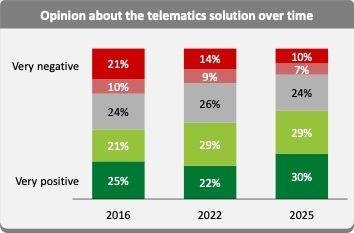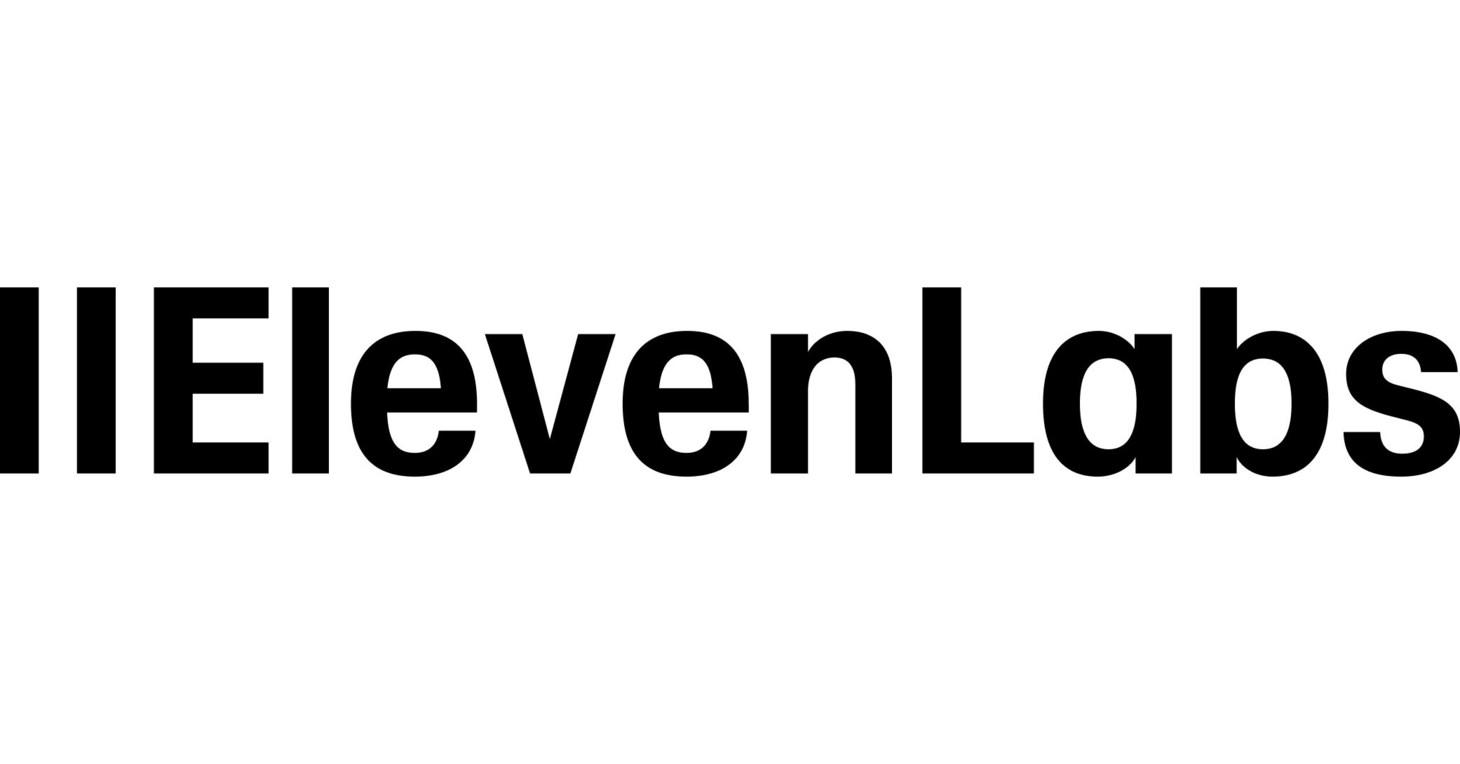Telematics, Driving & Insurance

Telematics and Trust: How Usage-Based Insurance Is Transforming Auto Coverage
What if your car insurance reflected how you actually drive, not just who you are?
That question is no longer hypothetical.
In 2024, more than 21 million U.S. policyholders shared telematics data with their insurer, according to IoT Insurance Observatory research. That’s a 28% compound annual growth rate since 2018. Usage-based insurance (UBI) is no longer a niche; it’s a mainstream strategy reshaping our industry.
For years, competitive pricing drove adoption. But today, something deeper is at play: trust and perceived value are fueling the next wave of growth. This isn’t just about saving money; it’s about believing the insurer will use sensitive driving data responsibly and deliver tangible benefits in return.
Contributors: Henry Kowal, Arity and Matteo Carbone, IoT Insurance Observatory
Henry Kowal is Product Director at Arity. He joined from The Hartford, where he defined the telematics strategy and road map for the Personal Lines Auto business. He also oversaw the design, implementation and management of the new smartphone telematics program offered to The Hartford’s AARP policyholders in over 40 states.
Matteo Carbone is Director of the IoT Insurance Observatory and chairman of Net Insurance’s innovation advisory board. Carbone was the Guest Editor of the Carrier Management Q32021 special report, ”Insurance Is Getting Connected,” and Q42023 special report, ”Making More Connections,” about IoT insurance applications.
News

January storm insured losses at about $7 billion
The winter storm that impacted most of the United States in January caused an estimated $6.7 billion in insured losses, according to Karen Clark and Company.
Fitch also estimates insured losses at about $7 billion, while Verisk says the total should be about $4 billion.
Winter Storm Fern impacted 230 million people and lasted several days, bringing snow and freezing temperatures to the East, South and Midwest.
"The ice felled trees and brought down power lines, which caused widespread power outages from east Texas to Kentucky, as well as southern New Mexico," KCC said in a statement.
More than 220,000 customers lost power during the storm, and in some places, it took several days for power to be restored. The storm was responsible for at least 69 deaths in 13 states.
Financial Results
Nine-Month 2025 Results Show P/C Underwriting Gain Skyrocketed
Insurers through the first nine months of 2025 recorded an underwriting profit of $35.3 billion—far above a $4 billion result at the same point the year prior.
As public insurance companies announce fourth quarter and full-year earnings, Verisk and the American Property Casualty Insurance Association took a look at the industry’s financial results through the first nine months.
New premiums written as of Sept. 30, 2025 were $740.7 billion, up 5.1% compared with results during the same time in 2024.CONTINUES

Global Commercial Rates Trend Downward, US Rates Flat in Q4 2025
Sixth consecutive quarterly rate decline signals sustained relief for commercial insurance buyers, though U.S. market shows mixed signals across coverage lines: Marsh Risk.
Commercial insurance rate trends Global commercial insurance rates declined 4% in the fourth quarter of 2025, marking the sixth consecutive quarterly decrease and signaling a significant shift in market dynamics after seven years of steady rate increases, according to the Global Insurance Market Index released by Marsh Risk.
The rate decline reflects a fundamental rebalancing in the insurance market. Increased competition among insurers, a favorable loss environment, and attractive reinsurance pricing have created conditions supportive of lower premiums across most of the world, according to the report. Market capacity has expanded substantially, giving buyers meaningful negotiating leverage.

Arch Capital insurance arm sees underwriting income almost quadruple
Arch Capital Group Ltd., the name behind Arch Insurance, saw its insurance segment thrive during the final quarter of 2025.
The insurance segment reported underwriting income of $119 million (all figures in US$), compared with $30 million in the fourth quarter of 2024, while the reinsurance segment delivered underwriting income of $458 million, up from $328 million a year earlier. The mortgage segment generated underwriting income of $250 million, compared with $267 million in the prior-year quarter.
Overall, underwriting income for the quarter totalled $827 million, compared with $625 million in the prior-year period. The consolidated combined ratio improved to 80.6% from 85.0%. Excluding catastrophe activity and prior year reserve development, the combined ratio was 79.5%, compared with 79.0% a year earlier. Pre-tax current accident year catastrophic losses across the insurance and reinsurance segments amounted to $164 million, while favorable development in prior year loss reserves totalled $118m.
Gross premiums written increased 1.1% year on year to $4.81 billion, while net premiums written declined 4.5% to $3.65 billion. Net premiums earned rose 2.7% to $4.26 billion, broadly in line with analyst expectations published ahead of the results by Zacks Investment Research, which had projected net premiums earned of about $4.2 billion.
AI in Insurance
State Farm Joins OpenAI's Frontier Platform as Launch Partner - CollisionWeek
State Farm announced a partnership with OpenAI, joining the artificial intelligence company’s Frontier enterprise platform as a launch partner.
Joe Park, executive vice president and chief digital information officer at State Farm, said the insurer intends to use the platform to support its agents and employees.
“State Farm is at a pivotal moment in reimagining how technology supports and drives our business,” Park said. “As part of our commitment to building a culture centered on speed, agility, and innovation, we are participating in OpenAI’s Frontier platform.”
State Farm announced a partnership with OpenAI, joining the artificial intelligence company’s Frontier enterprise platform as a launch partner.
Joe Park, executive vice president and chief digital information officer at State Farm, said the insurer intends to use the platform to support its agents and employees.
Commentary/Opinion
The Next Chapter for Enterprise Sofware
[Ed. Note: Highly Recommended]
A letter Robert F. Smith shared with Vista's investors last week on what the current dislocation means for the future of software and Agentic Enterprise Solutions.
Robert F. Smith, Founder, Chairman and CEO,, Vista Equity Partners
Will Keyboards Go Away? | Insurance Thought Leadership
The CEO of SAP caused a stir in late January when he said, "The end of the keyboard is near.... “The future will be, for sure, that you are not typing any data information into an SAP system." He added that people will use their voices, not their fingers, to ask analytical questions of SAP systems, to trigger tasks, to make pipeline entries and more.
A recent Wall Street Journal column carried the headline, "Our Gadgets Finally Speak Human, and Tech Will Never Be the Same."
The columnist, Christopher Mims, wrote: "This is shaping up to be the year that AI makes talking as powerful as tapping and swiping. The shift could be as transformative for the tech industry as the introduction of the Mac, Windows or the iPhone."
While I'm not convinced the change will be quite as total or as fast as the SAP CEO says it will be, he and Mims are describing an important new wave of convenience and productivity that AI will provide.
Let's have a look at what will — and maybe won’t — happen.
Paul Carroll, editor-in-chief, Insurance Thought Leadership
InsurTech/M&A/Finance💰/Collaboration
ManageMy Raises $45 Million to Accelerate AI-Driven Insurance Transformation
ManageMy, the Intelligent Orchestration Platform transforming how insurers sell, service, underwrite, and manage policies, today announces it has raised $45 million, $20m of which was secured in its recent Series B round, co-led by Ventura Capital and OCVC, with backing from BNF and a consortium of strategic leaders in both traditional insurance and InsurTech.
ManageMy was founded by Sean O'Connor, Co-Founder of the FinTech unicorn Zilch, through his investment operator vehicle OCVC.com, alongside a team of insurance, technology, and data specialists with deep experience across carriers, reinsurers, and distribution, led by Co-Founder and CEO Stephen Collins.
Created to simplify complexity across the insurance value chain, ManageMy provides insurers with a modular, composable platform that spans customer engagement, automated underwriting, and intelligent claims decisioning.

Delos and InnSure announce strategic partnership to improve access to insurance in wildfire stressed locations
Delos Insurance Solutions, the property insurance MGA, and InnSure, a nonprofit innovation hub finding insurance solutions to climate risk challenges, today announced a strategic partnership focused on improving education, resilience, and insurance affordability in communities facing increasing wildfire risk. By combining Delos' advanced wildfire risk intelligence with InnSure's mission-driven insurance expertise, the partnership aims to help homeowners, insurers, and communities better understand, mitigate, and manage wildfire risk in high-stress regions.
Wildfire-exposed communities across the Western United States continue to face rising insurance costs and limited coverage options as climate-driven risks intensify. This partnership is designed to address those challenges by expanding access to practical education, encouraging risk-reducing actions at the property and community level, and supporting more sustainable insurance solutions.
"Wildfire risk doesn't have to mean uninsurable risk," said Kevin Stein, Chief Executive Officer of Delos Insurance Solutions. "By partnering with InnSure, we're aligning science, technology, data, and education to help communities take meaningful steps toward resilience. When homeowners and communities come together to understand their risk and how to reduce it, insurers are better positioned to offer coverage that is both available and affordable."
InnSure brings a strong focus on community engagement and long-term resilience, working to ensure insurance remains a viable safety net in wildfire-prone areas.

ElevenLabs secures first-of-its-kind AI Agent insurance
ElevenLabs, the leading AI audio research and product company, has rolled-out a first-of-its-kind AI insurance policy - becoming the first company to go live with the AIUC-1-backed insurance policy covering AI voice agents.
ElevenAgents powers over three million voice agents deployed by enterprises worldwide for customer support, sales, scheduling, and other business-critical workflows. ElevenLabs' technology is used by employees at more than 75% of Fortune 500 companies, including Cisco, Square, Revolut, and MasterClass. For the first time, these AI agents and their actions can now be insured, just like any other employee.
For enterprises, this means risks associated with using AI, such as an AI agent providing incorrect information to a customer, can be insured against. Together, this certification and insurance creates the confidence businesses need to deploy agents across their customer service and wider workflows.
Backed by Sequoia Capital, Andreessen Horowitz, and ICONIQ Growth, ElevenLabs has grown to over $330 million in annual recurring revenue and a $11 billion valuation since its founding in 2022.
Announcements
Assurant and Compass International Holdings Launch New Home Warranty Solutions Across Select Brands
Assurant’s Industry-Leading Protection Solutions to Deliver Simpler, Faster and More Reliable Coverage for Customers of Agents Affiliated with Coldwell Banker, CENTURY 21, Sotheby’s International Realty, Corcoran, ERA, and Better Homes and Gardens Real Estate Brands
Assurant, Inc. (NYSE: AIZ), a premier global protection company that safeguards and services connected devices, homes, and automobiles in partnership with the world’s leading brands, today announced the launch of Assurant Home Warranty through a long-term relationship with six brands operating within global real estate services company Compass International Holdings (“CIH”).
Assurant Home Warranty will be available to approximately 300,000 affiliated agents across participating CIH brands, including Coldwell Banker®, CENTURY 21®, Better Homes and Gardens® Real Estate, ERA®, Corcoran®, and Sotheby’s International Realty®.
“Assurant’s expansion into the real estate channel marks a pivotal milestone in the evolution of our home protection portfolio,” said Keith Demmings, President and CEO of Assurant. “For decades, we’ve earned the trust of the world’s leading brands by delivering protection programs that advance their strategies, strengthen their brands, and create meaningful value for consumers. Today, we’re bringing that same discipline and scale to a home warranty market ready for change. We believe lasting growth starts with earning consumer trust—by resolving long-standing pain points and delivering best-in-class protection at every stage of homeownership. Our relationship with CIH, a leader in U.S. residential brokerage, is grounded in a shared commitment to empower brokers and agents while redefining what homeowners should expect from protection. Our ambition is clear: to become America’s leading home warranty provider by making home buying, selling, and ownership more seamless, reliable, and worry-free.”
Podcast Sponsor

Audio Version - 'Connected: The Podcast' --- Sponsored by Pulse Podcasts
The ‘Connected’ Podcast by Alan Demers and Stephen Applebaum, is a condensed audio version of the day's ‘Connected' newsletter, a daily scan of all the happenings in the world of Insurance & InsurTech News.
Pulse Podcasts: Introduce a new way for your audience to hear your voice! We are a podcast creation service that helps businesses turn their written content, like blog posts and news articles, into beautiful podcasts. Our platform writes the script, records the voices, and mixes the audio to create engaging content for your audience. It's affordable and has super-fast turnaround!
LISTEN AND SUBSCRIBE BELOW
